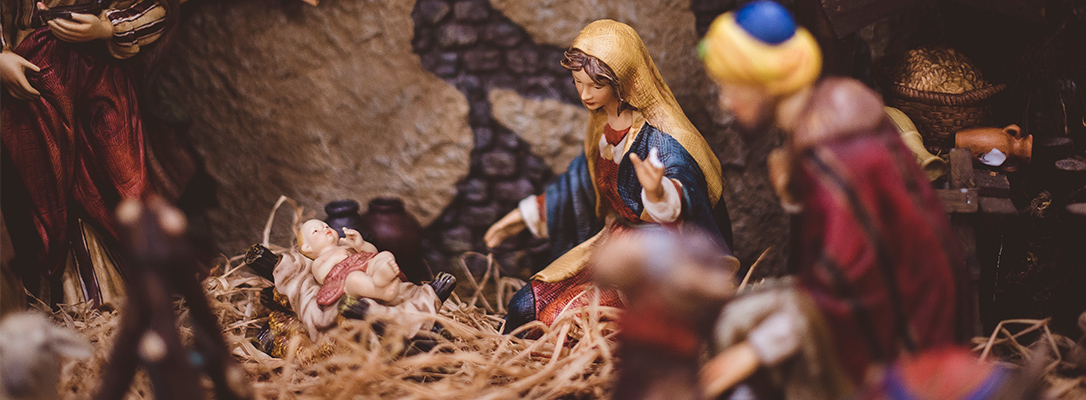As the smoke settles after bonfire night, giving way to the dark grey skies of the mid-winter, we realise that there is nothing separating us from Christmas but unmarked time.
Of course, we all know the significance of the holiday: the time with loved ones, the age-old traditions and, for some, the religion, but what is the actual history of the occasion?
Christmas as we know it is a bit of a smorgasbord of historical Norse, Roman, and Christian customs. Its roots are actually pagan: during the cold middle of winter, European pagans would celebrate light and new birth, presumably to keep them chipper. The Norse, for example, celebrated ‘Yule’ by burning huge logs (that would stay alight for up to 12 days).
The reason for these celebrations was agricultural, in that people would slaughter their livestock around that time of year to avoid having to feed them through winter, which meant they had a plentiful stock of fresh meat. Plus, the year’s alcohol often reached the right level of fermentation. A party was pretty much inevitable.
However, the main pagan festival to feed into Christmas was the Roman festival of Saturnalia, during which people would eat and drink to delightful excess.
Although Christmas is now connected to the birth of Jesus, the Bible itself doesn’t give him a specific date of birth, though it is generally believed it was sometime during the spring. As such, the main Christian holiday was originally Easter. The decision to use the 25th December to celebrate the divine sprog was one made by the Church in the hope that Christmas would absorb the similarly-timed pagan winter festivals.
This ensured the festival widespread popularity, but meant that the methods of celebrating it were completely out of anyone’s control. Customs from a variety of midwinter festivals (the Norse 12 days, the Roman excess) were amalgamated under a Christian banner.
It wasn’t until the 1800’s that the celebration took on its modern form, repurposed by the Americans into a more family-centred, quiet and later commercial holiday.
Christmas is, therefore, an odd baby. But at the end of the day, that’s part of its charm.


